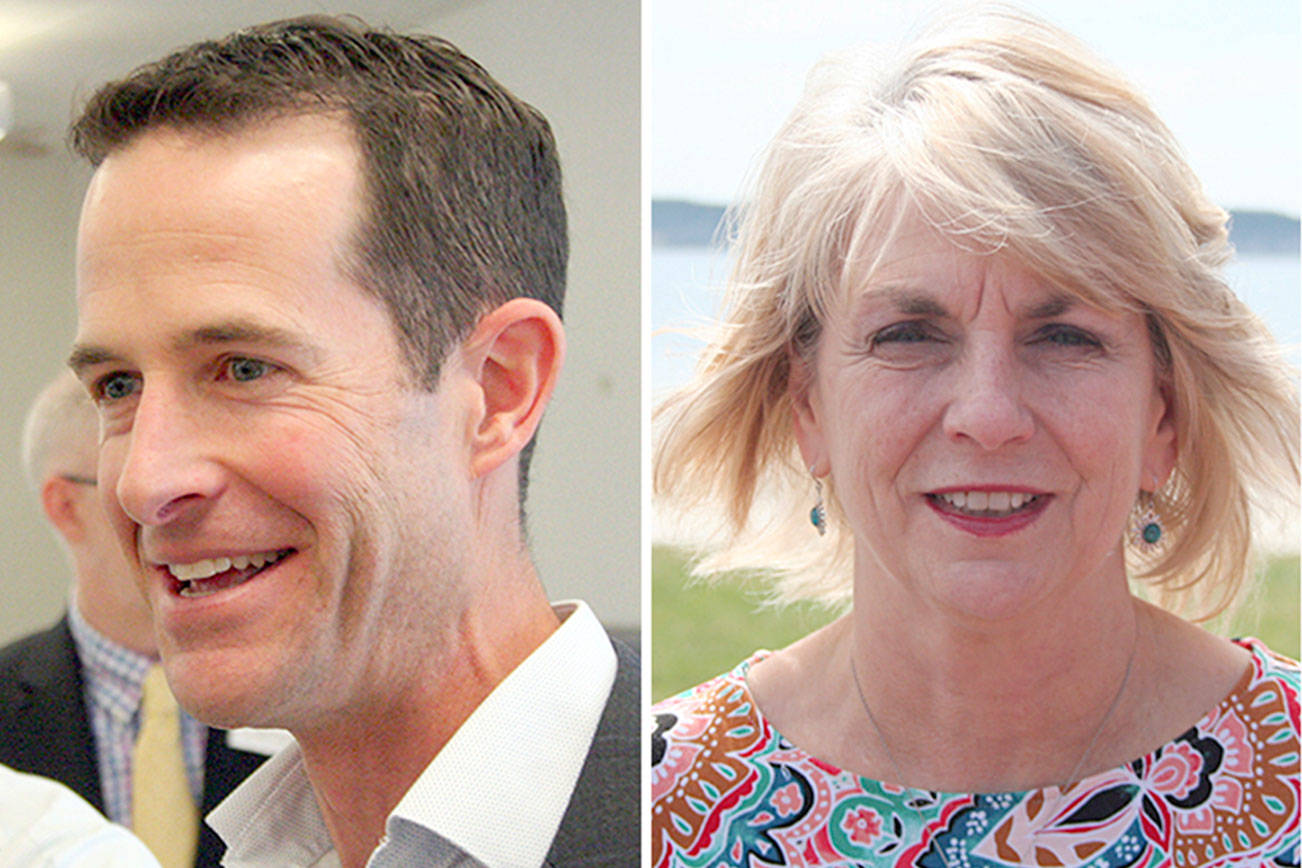PORT TOWNSEND — The Port Townsend City Council passed its $35 million 2020 budget with few changes, although it doesn’t have much room to spare.
Council members unanimously approved the budget Monday night without any new full-time-equivalent positions.
The budget has about $238,000 more in proposed revenues than it does expenditures and anticipates an ending fund balance of $12.1 million.
“This builds off a pretty strong year last year but actually does anticipate a little bit of a slowdown for next year,” City Manager John Mauro said.
“I’d like to say we’re being proactive and smart and strategic about what might be coming up, and this budget gets us there.”
Nora Mitchell, who served as the city’s interim manager this summer until Mauro was hired Nov. 1, said minimal changes have been made since the first two readings of the draft budget last month.
“I think we have a solid product,” she said. “We’d like to be able to offer more in terms of dollars, but we are where we are, and we’ll continue to work toward making it more efficient in all ways and be good stewards with the city’s and the residents’ monies.”
One area of contention is the city’s 22 percent utility tax, which is related to garbage rates going up on April 1, Finance Manager Tony Hillman said.
City Council members had discussed trying to decrease the utility tax, but Mitchell, the city’s director of finance and administrative services, said it is likely the only way to pay for a new police vehicle to replace an older Crown Victoria that is past its useful life.
“We would not be purchasing until later in the year so we can be assured the revenue comes in the way we think it would,” Mitchell said.
Hillman said the utility tax is expected to bring in $70,000 starting April 1. For a full year, it would be about $100,000, he said.
Council member Bob Gray said the promise has been made twice to reduce the tax, and yet it’s gone up from 20 percent to 22 percent.
“I know we need the money. That comes out pretty clear in the budget,” he said.
Council member Michelle Sandoval said the “promises” were only part of a larger discussion and that council only takes action with votes.
“I don’t remember us promising, with all due respect,” she said. “That’s why we take votes.”
Council member David Faber said he wished there was a way to reduce the tax, but “hard decisions” had to be made. He pointed to the need for more substantial tax reform at the state level and said the city is “stuck between a rock and a hard place.”
“It’s unfortunate it’s going to hit people the way that it does,” Faber said.
Gray also questioned the city’s anticipated decrease in Real Estate Excise Tax. The city’s $550,000 in expenses from that fund all are anticipated to go into the $1.7 million debt service, Mitchell said.
“Two years ago, we had one large sale that impacted [REET],” she said, adding the city saw strong real estate markets in each of the past three years.
“We are projecting relatively conservatively in an amount equal to our debt service. We don’t like to plan for that and then not have the money to spend.”
The increases in labor are mostly dictated by the city’s bargaining units, Mitchell said, with non-labor expenses projected to increase 2 to 3 percent.
Mauro said there was “very little to play with the for non-allocated funds.”
“Next year, building off the success of this year, we’ll have a bit of a change-up,” he said.
“We want broad engagement, and we also want to make sure that you, as decision-makers, can get behind it with some advance notice,” he said to council.
Mauro credited Mitchell and Hillman for their work on the budget.
“Largely this was something Nora and Tony have done, and I arrived at the last minute to take credit for, and I won’t do that,” he said.
“Clearly I’ve read the budget and clearly I have a few fingerprints in it, but I want to give a really strong acknowledgment to them to the huge lift they’ve put in on it.”
________
Jefferson County Managing Editor Brian McLean can be reached at 360-385-2335, ext. 6, or at bmclean@peninsuladailynews.com.

